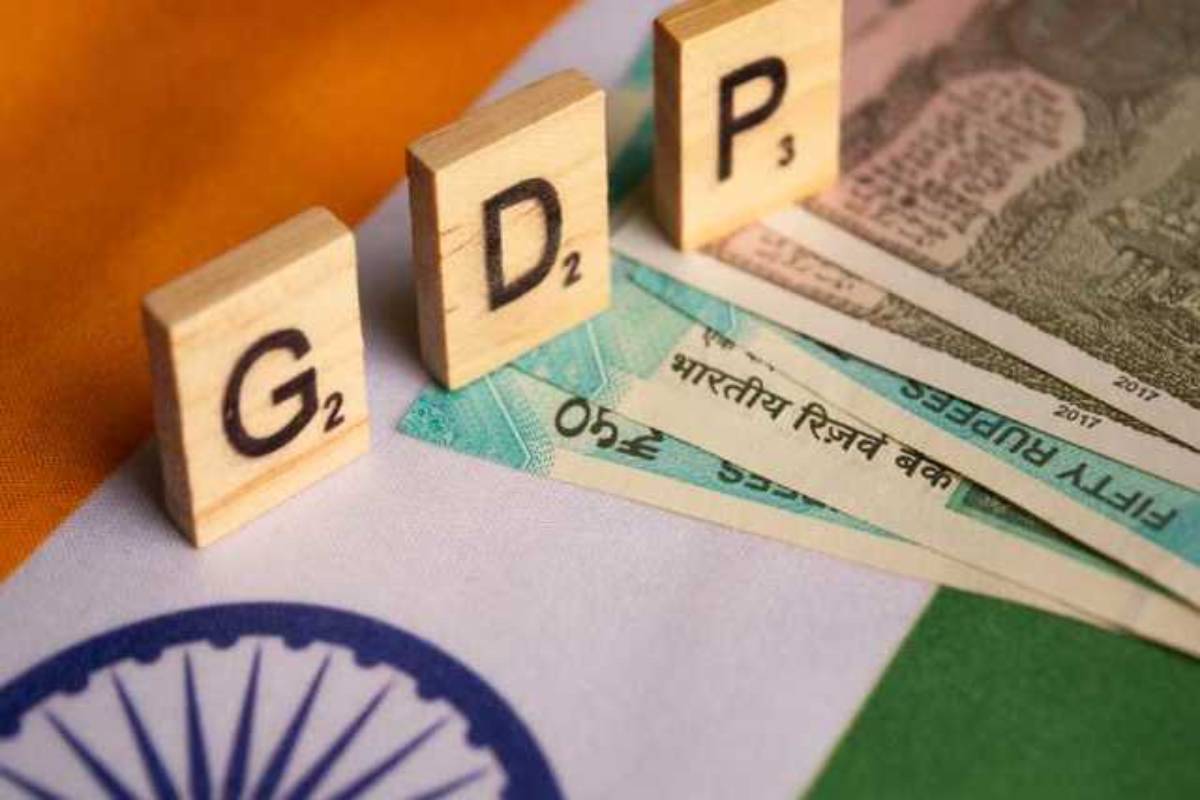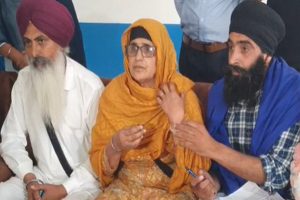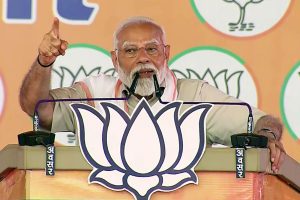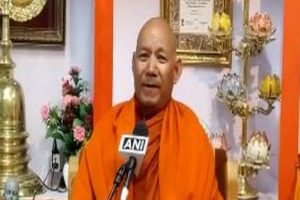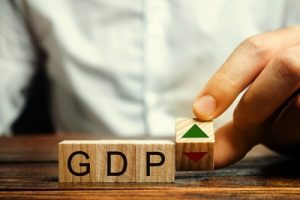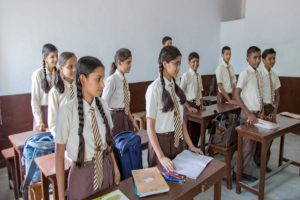In the tapestry of India’s economic narrative, there’s a glaring thread of inequality that has woven itself into the fabric of our society. The latest findings from the World Inequality Lab reveal a stark reality: the richest 1 per cent of our population holds the lion’s share of wealth, reaching its zenith in six decades. It’s a narrative that demands not just attention but urgent action. As we reflect on these statistics, it is imperative to recognize the multifaceted nature of this issue.
It is not merely about numbers on a balance sheet but about the lives affected, the opportunities denied, and the dreams deferred. Behind every percentage point lies a story of disparity, of a growing chasm between the haves and the have-nots. The juxtaposition of prosperity and poverty in our country is striking. On the one hand, we celebrate the meteoric rise of the country’s two richest men, emblematic of India’s potential and dynamism. Yet, on the other hand, we confront the harsh reality of millions struggling to make ends meet, trapped in a cycle of poverty exacerbated by lack of education and opportunity. The narrative of India’s economic resurgence since liberalisation in 1991 is one of promise and progress.
However, it is clear that the fruits of this growth have not been equitably distributed. The widening gap between the affluent and the marginalised is not just a moral issue. It’s a threat to the very social cohesion and stability of our nation. The present ruling party came to power with a mandate for development and economic reforms, promising to uplift the lives of every Indian. Yet, as we stand on the cusp of another election cycle, the rhetoric of progress rings hollow for many. The stark reality of widening inequality underlines the urgency for policies that prioritise inclusive growth and social justice. Critics of the government point to the cosy relationship between the political elite and the billionaire class. The nexus of power and wealth perpetuates a system where the rich get richer while the poor struggle to access basic necessities.
It’s a system that undermines the democratic ideals upon which our nation was founded. Addressing this entrenched inequality requires bold and concerted efforts across multiple fronts. It is not enough to rely solely on trickle-down economics or token welfare measures. We need systemic reforms that empower the marginalised, invest in education and healthcare, and create opportunities for meaningful employment. The recent acknowledgment by the government’s chief economic adviser of the need for targeted interventions is a step in the right direction. Subsidised grain distribution, investments in education and health, and direct cash transfers can mitigate some of the worst effects of inequality. However, these measures must be part of a broader strategy aimed at dismantling the structural barriers that perpetuate poverty and exclusion. It is time to move beyond rhetoric.

